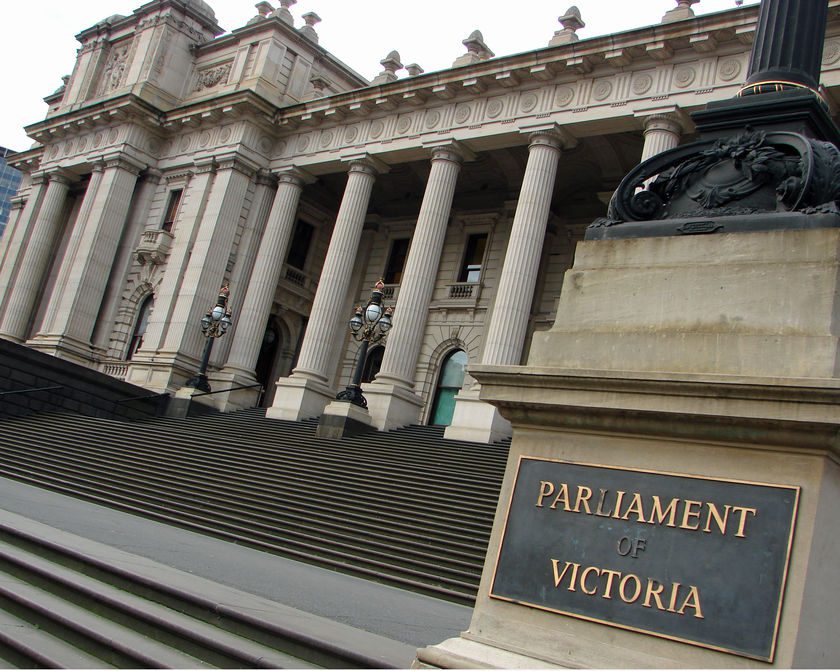Victorian Parliament: 18 days to clarity or nine to calamity
The Victorian Parliament has 18 more sitting days before it is prorogued to end one of its most dysfunctional periods of government.
The Victorian Parliament’s last sitting day of October 16 will then see the government move into the mandatory six weeks purdah period before the designated election on November 29.
Three sitting weeks in June and August, or nine days, will be without the disruptive suspended independent member Geoff Shaw who has been principally the instigator of this dysfunctional period.
He holds the balance of power and is set to return on September 2 when parliament resumes for two weeks in September and the final week of sitting starting on October 14.
It will be during this period that the parliament will either be able to deal with many of the infrastructure bills and other regulatory and legislative matters that the Coalition government wants signed off, or Victoria faces another destabilising period.
The State does not need the latter. Politicians and their Party administrations need to ensure that they are there for the advancement of the State, not for personal headlines or egos that appeal to minorities and don’t make a significant contribution to the development of the State, or go towards achieving a vision for the State.
This is also the period in which private sector needs to put its cases to all political parties to get them either incorporated into election policies or have them addressed before the purdah period.
In the health sector, the government is looking at outsourcing many of its functions to the private sector, in the agriculture sector they are looking to expand trade into Asia as well as enhance local processing, in the mining sector they want to highlight the significance to the State to the future opportunities, including a direction on future onshore exploration, in the manufacturing sector they are looking at every opportunity to attract new industries and grow jobs.
Transport, health, education, law and order are key functionary elements that the community expect, but they are not visionary. They are necessities that governments must ensure they plan and manage well. This is not to say that the parties could not turn education or health (medical research and best practice) into a vision for the state with a bit of thought!
However, the window for the private sector to act is narrowing. They must act now!
All parties will be running functions to meet with Leaders, Ministers, Shadow Ministers and candidates. All are important to you in the information process, but you must ensure that your case addresses the current policies of all the parties, or seek to influence these policies.
If you are going down this path and want expertise counsel, talk with us. Experience and knowledge are the basis of our practice.




